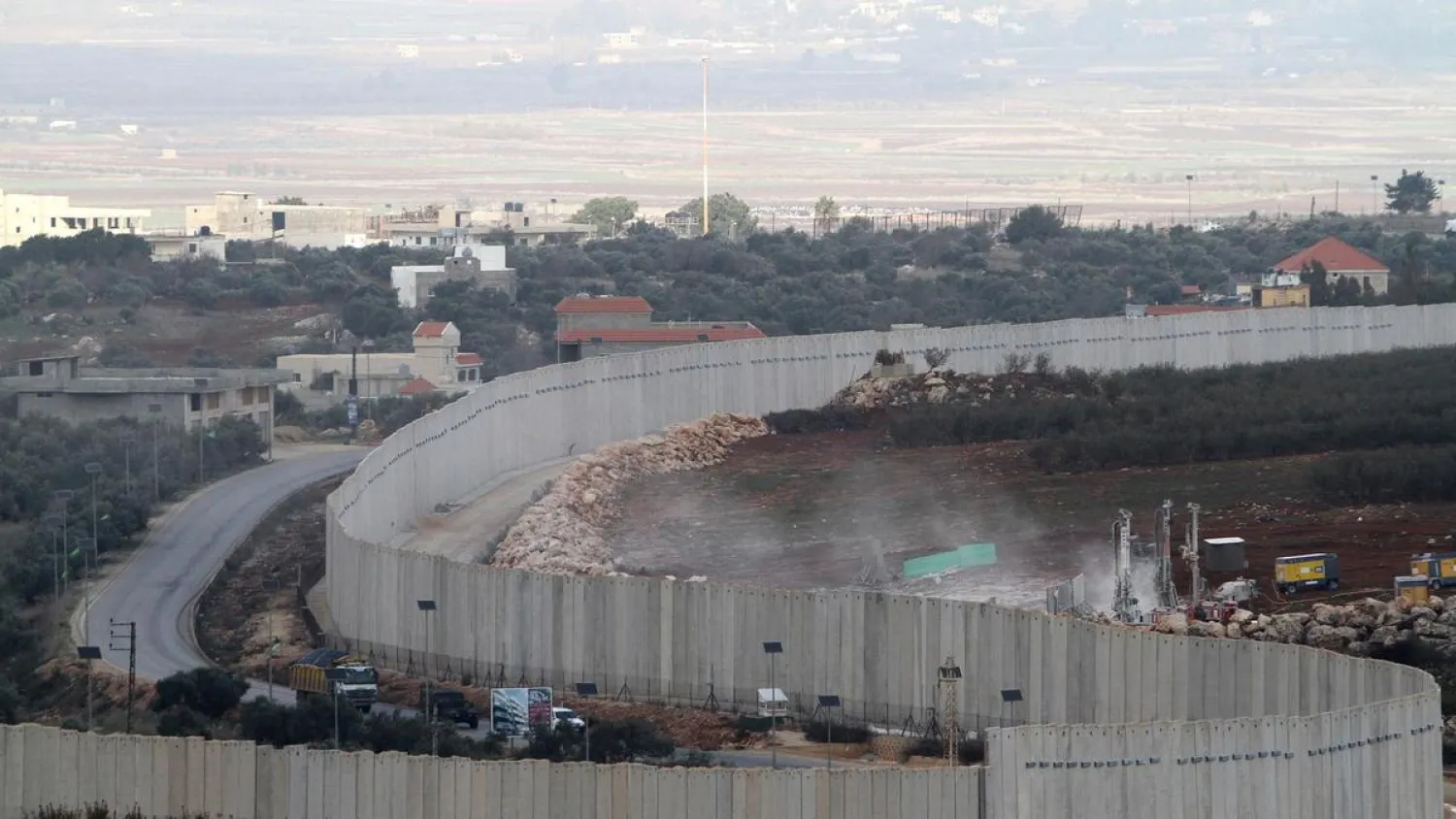Lebanese parliament Speaker Nabih Berri rejected on Wednesday Israel’s claims of the existence of Hezbollah tunnels along its border.
“These claims are completely baseless,” he said.
“Israeli Prime Minister Benjamin Netanyahu is facing internal difficulties and he is trying to raise these issues to make up for the situation in Israel,” he went on to say according to the National News Agency (NNA).
The Israeli military launched an operation on Tuesday to “expose and thwart” tunnels into its territory which it said came from Lebanon.
Israel accused Hezbollah of digging across the frontier. It said the tunnels did not function yet but posed “an imminent threat”.
There was no comment from Iran-backed Hezbollah. It and Israel have avoided major conflict across the border since their last war in 2006, though Israel has mounted attacks in Syria targeting the armed group.
“The Israelis did not present any information” at Wednesday’s meeting with the Lebanese army and the UNIFIL peacekeeping force, a statement from Berri’s office said.
A UNIFIL statement said the sides had agreed at the meeting, scheduled before Israel launched its tunnel operation, that UNIFIL would send a technical team to Israel on Thursday “to ascertain the facts”.
"I emphasize the critical role of our liaison and coordination mechanisms in mitigating tensions through continuous communication, at the heart of which is the Tripartite forum," said head of UNIFIL mission Maj. Gen. Stefano Del Col.
He appealed to both sides in using the mechanisms to "avoid misunderstandings and ensure that security and stability" along the border is maintained and reinforced.
Berri, a political ally of Hezbollah, said Lebanon had asked for geographic coordinates but received none.
Netanyahu said in a statement that he had spoken with UN Secretary-General Antonio Guterres on Wednesday and told him that he “viewed with great gravity the blatant violation of Israel’s sovereignty”.
For its part, Lebanon’s foreign ministry will submit a complaint to the UN about “repeated Israeli violations,” reported NNA.
The Israeli army has released footage of the tunnels.
Reuters was unable to independently verify the photos and videos, one of which shows a man, described as a Hezbollah operative, walking along a tunnel up to a camera planted by the military and then running back unharmed as a small explosion is seen.
Other images released on Wednesday purport to show the route of one of the tunnels dug from inside a cement factory in the Lebanese village Kfar Kila and then under the border and into Israel.
Mechanical diggers, drills and other heavy machinery were seen from south Lebanon throughout Tuesday, working on the Israeli side of the heavily-guarded border.
US National Security Adviser John Bolton said on Wednesday Washington “strongly supports Israel’s efforts to defend its sovereignty” and calls on Hezbollah to “stop its tunnelling into Israel and to refrain from escalation and violence”.
The border remained calm on Wednesday as Israeli forces pressed on with the operation.









